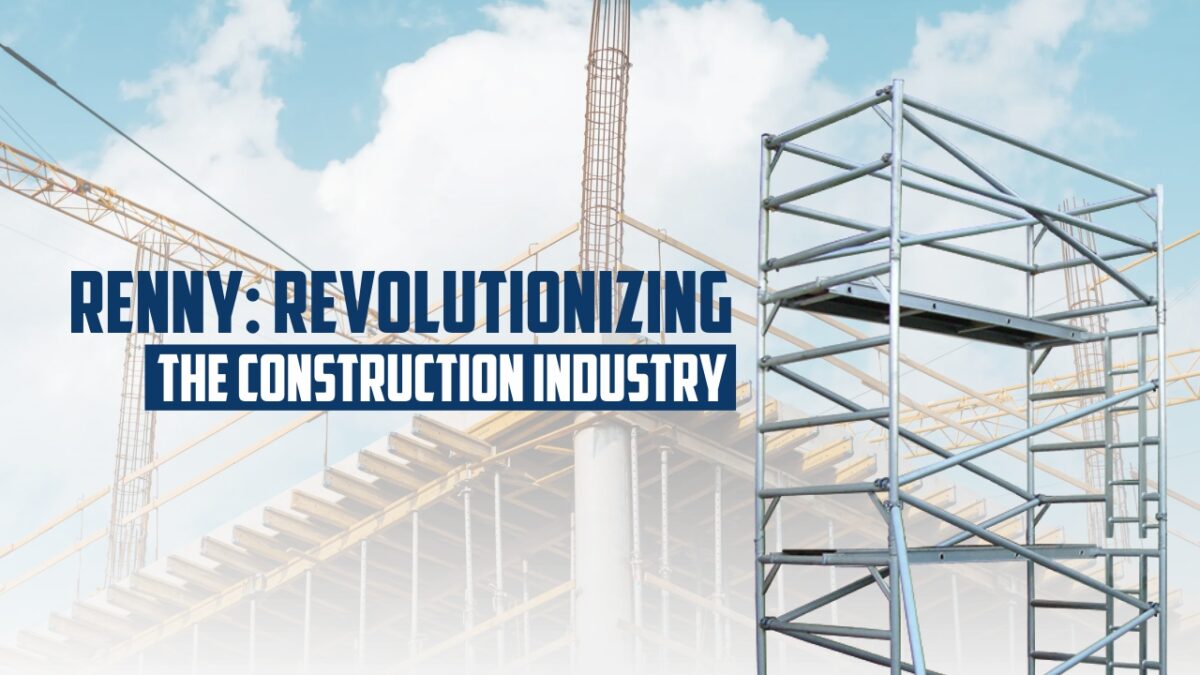India’s Premier Manufacturer of High-Precision, Sustainable Scaffolding & Formwork Solutions
Market Analysis:
India’s Scaffolding & Formwork sector is experiencing a significant transformation in 2025, propelled by Technological Advancements, Sustainable Practices & a Surge in Infrastructure & Housing Projects.
Steel remains the dominant material due to its strength and cost-effectiveness, Scaffolding & Formwork Market Growth
- Market Size: In India its valued at USD 538.5 million in 2022, projected to reach USD 733.9 million by 2028.
- Market Expansion: India’s scaffolding market was valued at approximately USD 891 million and is projected to grow at a CAGR of around 8% through 2031, driven by urbanization and infrastructure development.
- Growth Drivers: Government housing initiatives and increased demand for efficient construction methods are key contributors.
Mega Projects: India’s focus on large-scale infrastructure projects, including smart cities & transportation networks, is fueling demand for advanced scaffolding and formwork solutions.
Affordable Housing Initiatives: Government programs aimed at increasing affordable housing stock are accelerating construction activities, necessitating efficient and scalable scaffolding systems.
- Global Perspective: The global market is expected to grow by USD 72 billion from 2025 to 2029, with a CAGR of 8.2%, indicating robust international demand and opportunities.
Steel scaffolding is currently the most preferred choice in the construction industry due to its superior strength, safety & re usability. As demand surges with India’s rapid Green Infrastructure Growth, Renny Strips is leading the market both nationally and globally. With 90% in-house production & exports to 45+ countries, Renny combines innovation with sustainability—powered by a 22MW solar plant that cuts carbon emissions by 75%. Renny Strips strictly adheres to all domestic and international industry standards and is fully compliant with CBAM (Carbon Border Adjustment Mechanism) regulations. This compliance enables up to 72% tax savings for global customers, making Renny a preferred partner for sustainable and cost-efficient sourcing. By aligning with global environmental norms, Renny continues to set new benchmarks in quality, compliance, and international market leadership.
New Technologies in India’s Scaffolding & Formwork Industry with Data-Driven Insights
Technological Advancements
Smart Scaffolding Systems:
Integration of IoT & sensor technologies enables real-time monitoring of structural integrity, enhancing safety and efficiency on construction sites.
Modular & Prefabricated Designs:
The adoption of modular scaffolding systems, such as ring lock & cup lock, allows for quicker assembly and disassembly, reducing labor costs and construction time.
Digital Integration:
The use of 3D point cloud technology and advanced Building Information Modeling (BIM) is revolutionizing formwork planning by enabling automated spacing measurements and accurate design simulations. These digital tools enhance construction precision, improve safety, and reduce material waste.
Modular & Pre-Engineered Systems
Efficiency Enhancement:
Manufacturers are aimed to provide modular formwork solutions enabling daily casting cycles, significantly reducing project timelines.
Labor Optimization:
Modern scaffolding and formwork manufacturing leverages modular designs and pre-engineered systems to significantly reduce assembly time, leading to optimized labor costs & faster project turnaround.
Emphasis on Sustainability
Eco-Friendly Materials:
The industry is shifting towards sustainable materials like aluminum, which offer durability and recyclability, aligning with green construction practices.
Reusable Formwork Systems:
Innovations in formwork design focus on re usability, reducing environmental impact and promoting cost-effectiveness over multiple construction cycles.
Renewable Energy Integration:
Manufacturers are increasingly adopting renewable energy sources, particularly solar power, to drive their production processes. This strategic investment not only reduces carbon emissions but also significantly lowers long-term energy costs, reinforcing their commitment to sustainable manufacturing.
New Innovations Trends in Scaffolding & Formwork
Aluminium Scaffolding & Formwork Systems:
Aluminium Scaffolding & formwork systems are gaining significant traction in the construction industry due to These systems facilitate faster construction cycles, reduce labor costs & minimize material waste, making them an attractive choice for builders aiming to optimize budgets and adhere to sustainable building practices. The market is projected to reach USD 5.5 billion by 2025, growing at a CAGR of 6% from 2025 to 2033, driven by the increasing demand for efficient and eco-friendly construction solutions.
Key Point
- Lightweight & Durable: Aluminium formwork is gaining popularity due to its lightweight nature and durability, facilitating faster construction processes.
- Cost-Effective: These systems can reduce construction costs by up to 30% and are reusable up to 150 times, enhancing sustainability.
- Government Initiatives: Adoption is bolstered by housing schemes like the Pradhan Mantri Awas Yojana, emphasizing affordable and rapid construction.
The Indian & global scaffolding & formwork industry is on the brink of dynamic growth, fueled by cutting-edge technologies, eco-conscious manufacturing, and government-driven infrastructure expansion. As the sector evolves with smarter, safer & more sustainable practices, Renny Strips stands out as a driving force. With its commitment to sustainable manufacturing, low carbon emissions & a diverse range of innovative, high-precision products, Renny is being a leading manufacturer of scaffolding & formwork in India, not only meets but exceeds industry standards. Its strict adherence to quality & global compliance positions Renny as a key player thrusting the industry toward a more efficient and future-ready construction ecosystem.

